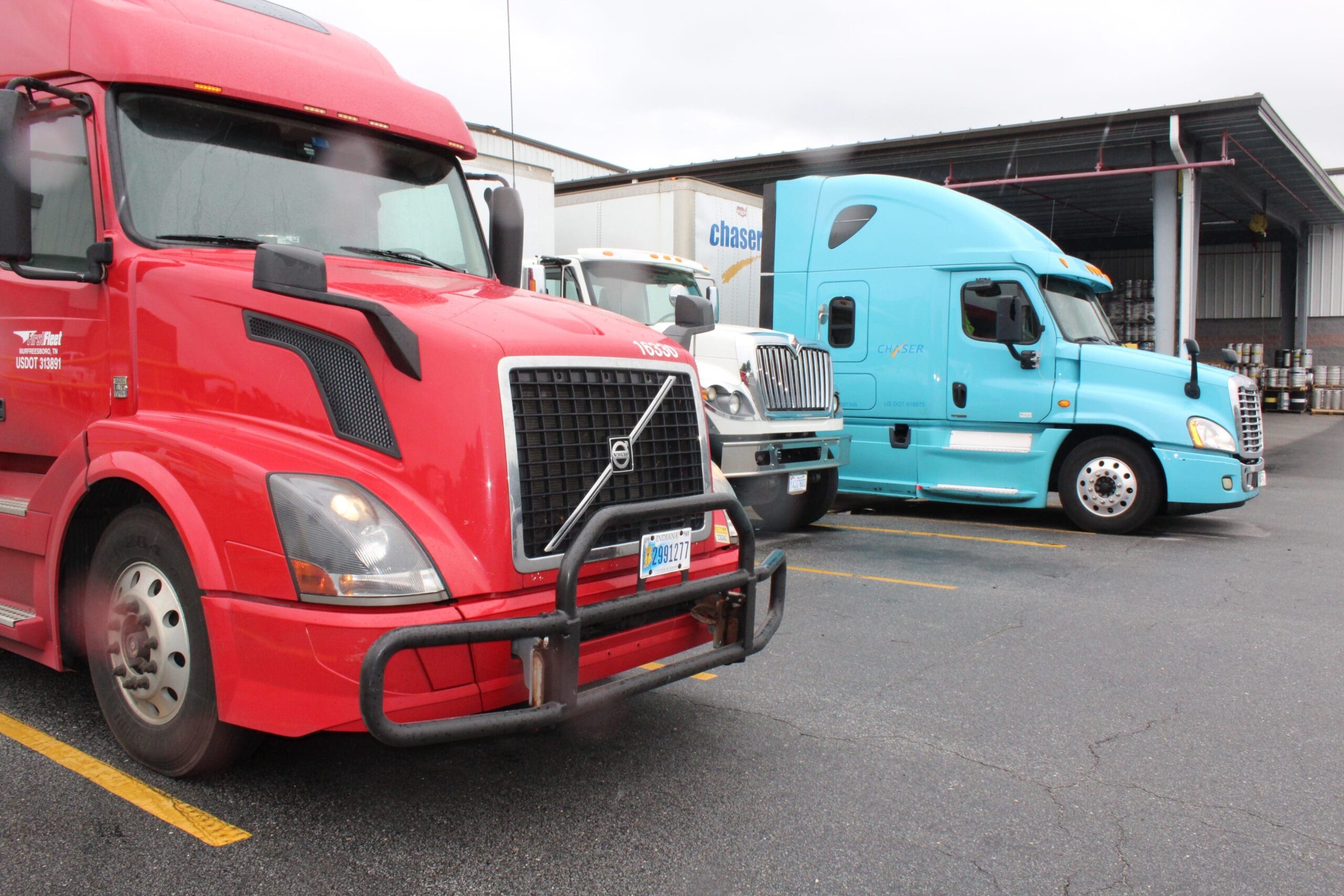Companies employ fleet management for a variety of reasons, including cost control, output, compliance, and fuel  management. For this reason, fleet management encompasses many tasks to keep a company’s overall operations running efficiently and smoothly along with their vehicles. Fleet management uses software and technology solutions to help keep costs down, keep drivers safe, decrease risk, increase productivity, and have regularly scheduled preventive maintenance in order to decrease downtime.
management. For this reason, fleet management encompasses many tasks to keep a company’s overall operations running efficiently and smoothly along with their vehicles. Fleet management uses software and technology solutions to help keep costs down, keep drivers safe, decrease risk, increase productivity, and have regularly scheduled preventive maintenance in order to decrease downtime.
It’s difficult to describe all of the processes involved in fleet management, but what can be said is that it optimizes efficiency, risks, and costs. Management of fleets ensures cost control, profit maximization, and minimizing vehicle risk.
Pros of Fleet Management
There are numerous benefits that fleet management has to offer, including improved customer service, increased productivity, and significant fuel savings. Vector Fleet Management is able to generate more productivity out of their fleets through maintenance. It is difficult for fleets to operate efficiently if vehicles break down or are in for unscheduled maintenance. This is where Vector Fleet comes in. We’ll make sure that your fleet undergoes routine preventive maintenance with our Fleet Maintenance Information System, or FMIS. It gives you unlimited reports, operational tools, and analysis to help your business make important decisions.
Here are some key features and components of fleet management:
- All-Encompassing Reporting Functionality
- Mileage Update Imports and Fuel Management
- Integrated Warranty Tracking with Parts Management
- Custom-Made Preventive Maintenance Inspections, Notification Settings, and PMI Intervals
- Fleet Cost Centers at the Department Level
- Online Client Access Anytime (24/7)
- Comprehensive Unit Masters
- Shop Maintenance Organizer
- Mechanic Terminals for the Shop Floor
Fleet Management Challenges
Managing schedules, costs, drivers, and fleets can prove to be quite challenging. Fleet managers can overcome most of these challenges with software and technology solutions, but some problems must still be dealt with immediately. Some of the most common challenges management has to deal with include driver productivity and safety, volatile fuel prices, and cost-reducing initiatives.
 Safe Drivers
Safe Drivers
Fleet management must prioritize driver safety in order to be effective. This challenge is addressed through safety education programs, guidelines, and extrapolative analytics to eliminate unnecessary accidents.
Cost-reduction
Forecasts and budgets change all the time, making it difficult for fleet managers to keep costs down. Our Fleet Maintenance Information System ensures that our fleet managers have the know-how and experience to deal with a changeable forecast. Fleet management revolves around operational effectiveness, vehicle compliance and safety, driver management, regular vehicle maintenance, and cost-effectiveness. Successful fleet management solutions can improve customer satisfaction, increase productivity, enhance routes, and keep fuel costs low.
 Dependable Drivers
Dependable Drivers
It’s important that you depend on your drivers, as they would likely discover any problems with their vehicles first-hand. Make sure you have an open line of communication so drivers will be able to report any problems their fleet might be experiencing. Your most responsible drivers should be tasked with inspecting every vehicle and should report any maintenance issues that may arise as soon as possible. Make sure they understand this is something that you expect of them.
Other challenges include driver safety, keeping costs down, and predicting fuel prices.
Companies rely on commercial vehicles. This means that your fleet must be fully operational and running properly. Your business loses money whenever your vehicles undergo repairs. As long as you keep your fleet maintained, your business will continue to function normally and your employees will be able to continue working. It’s as simple as that.
Preventive Fleet Maintenance
Vehicles tend to run longer and better when they undergo routine preventive maintenance. Each vehicle in your fleet should have the following things performed: tire rotations, tune-ups, brake service, and oil changes. Preventive maintenance identifies minor issues quickly and prevents major issues from happening. While preventive maintenance can be a little costly, especially if you have a large fleet, it could save you thousands of dollars down the road.
Fleet Repairs
Preventive maintenance can only do so much, as accidents and breakdowns can still occur, which could shut down your fleet operations. Make sure you are proactive with repairs so that your bottom line won’t suffer much damage. The sooner these repairs are completed, the less costly they will be in the future.
To learn more about the features and benefits of a comprehensive fleet management program, contact us today for a free cost analysis!
Contact Us

